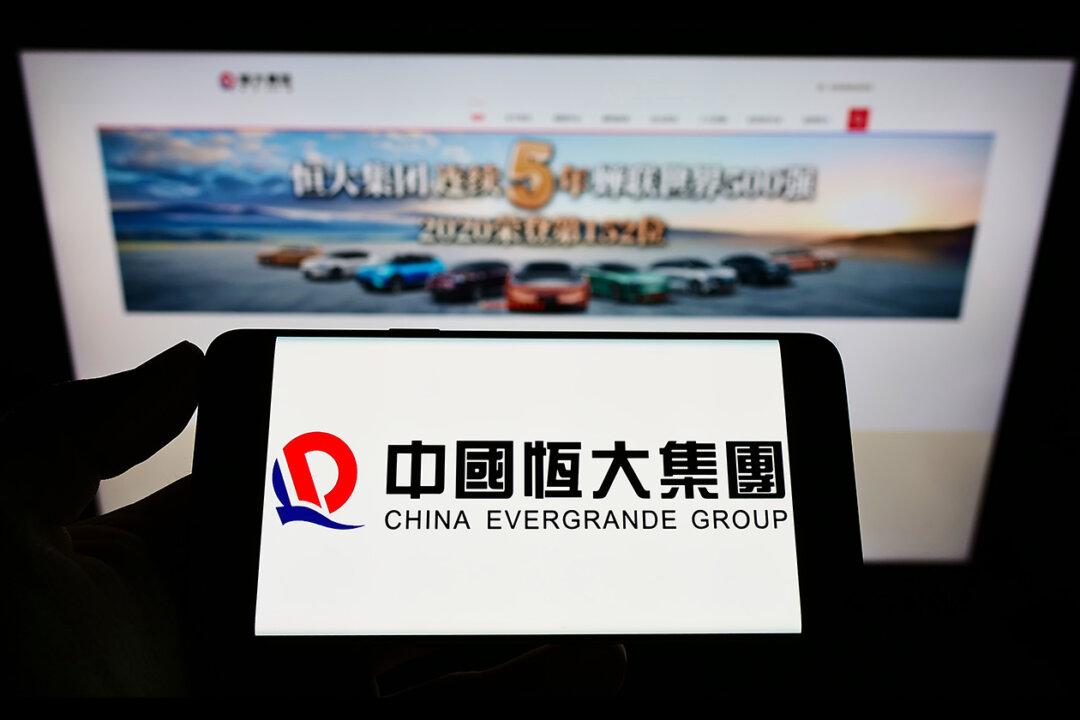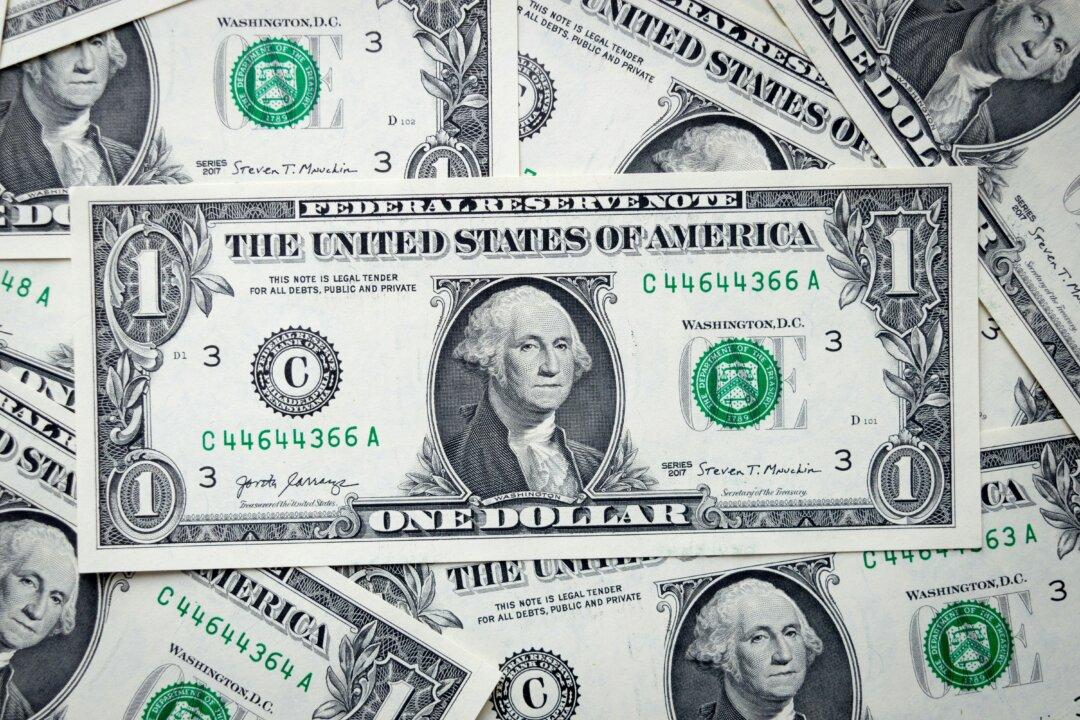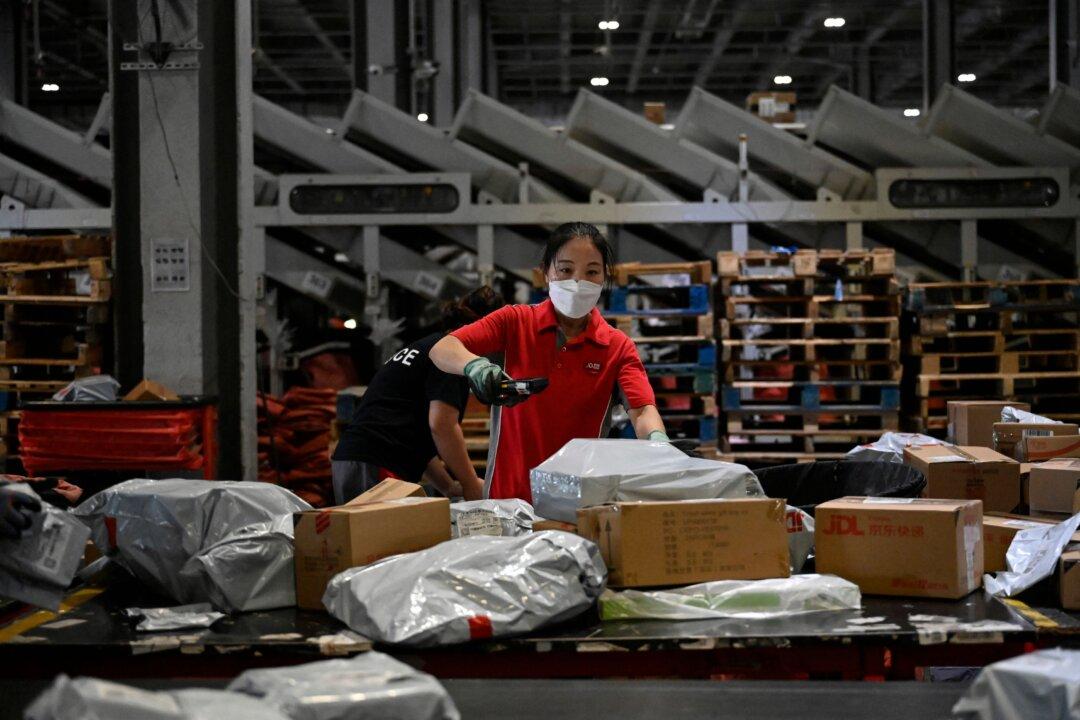A weakening economy, property uncertainties, and changing e-commerce landscape are impacting Chinese wealth creation, according to a study, which revealed that while some benefited, the nation’s economic woes—and the property sector’s downfall, in particular—have dealt a blow to many on the list of rich Chinese.
The Harun China Rich List 2023 released on Tuesday “found 1,241 individuals with more than 5 billion yuan (equivalent to $690 million), down 5 percent or 64 individuals from last year and 15 percent or 224 individuals from the peak two years ago.”





